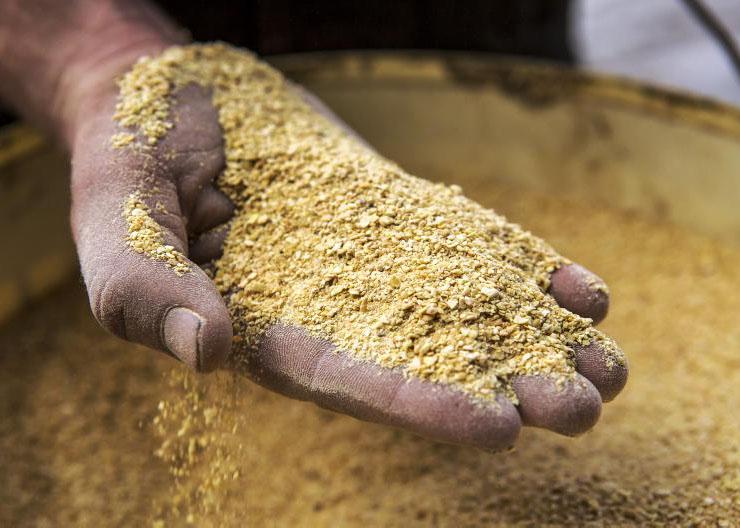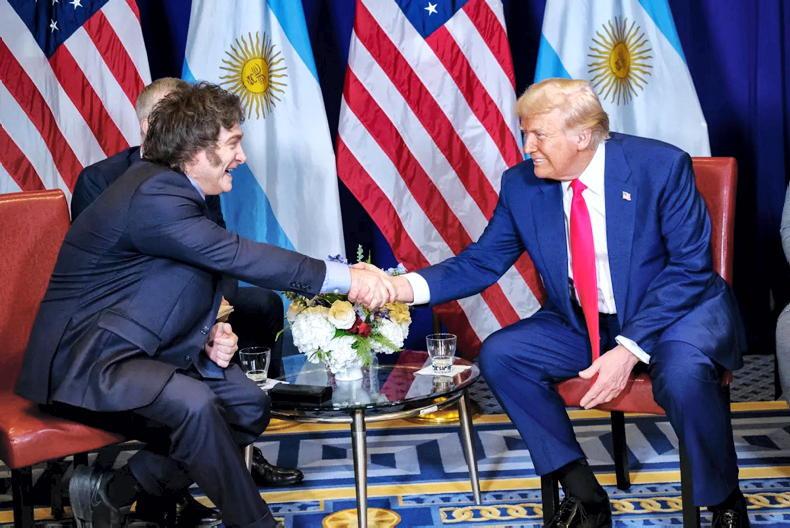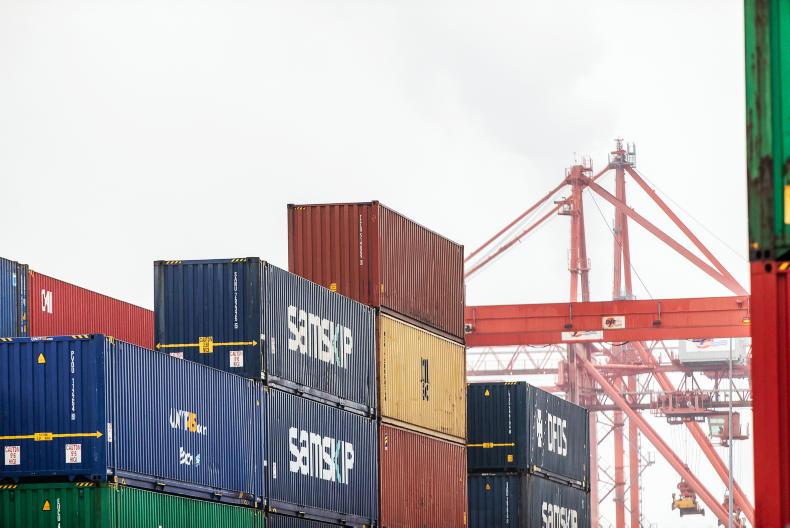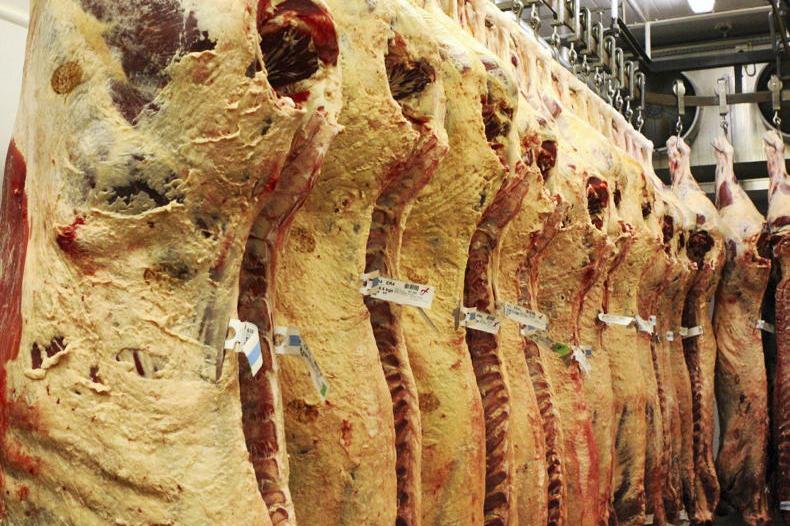The rejection of President Marci in Argentina’s party primaries vote ahead of the October election wouldn’t normally be of much interest to Irish farmers but as he is a key driver of the Mercosur trade deal, then if he fails to get re-elected in October then it is likely to have a major impact on Argentina’s beef exports.
Marci heads a right of centre free market government while his opponent, Alberto Fernandez, is closely associated with Cristina Kirchner, who’s government between 2005 and 2014 imposed an export tax on beef.
The effect of this tax was to collapse Argentina’s beef exports from 750,000t, the third largest in the world, in 2005, to just 164,000t in 2012. This recovered to 508,000t in 2018 and will increase further this year. (Source: USDA). If a socialist government is returned in the October election, then there is every chance that they could return to a tax on beef exports in order to reduce the cost of beef to Argentina’s consumers who are among the biggest per capita beef eaters in the world.
Meanwhile, Brazil’s President last week decided to remove Ricardo Galvao who headed the organisation that publishes the extent of rain forest clearance. This information has been published by the National Institute for Space Research (INPE), part of Brazil’s Ministry Of Science, Technology, Innovations and Communications, and has shown a surge in clearance this year compared with 2018.
Comment
The Mercosur deal announced at the end of June has to begin its ratification process through the EU institutions. Developments in Argentina suggest that a change of President in October is now a real possibility and if it is a case that a new socialist President is elected, the enthusiasm for beef exports will diminish considerably. Meanwhile the deal was signed at a time when an agency of the Brazilian government were highlighting the surge in Brazilian forest clearance. The last data they published for July showed this was still going on and now the head of that agency is removed. It is clear that Brazil’s rainforest policy is the complete opposite of what the EU are expecting by way of ceasing clearance and replanting. The deal may have been agreed in June, but it has a long way to go.









SHARING OPTIONS